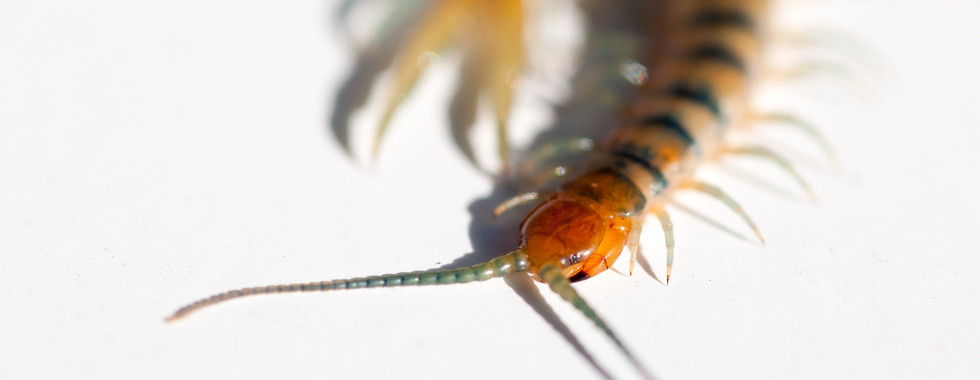Tracking Animals for Photography: Final Results - Insects
- Dale Lauterback
- Sep 8, 2022
- 3 min read
Updated: Jun 28, 2023

It's been a year since I started this project last September of 2021 which included four seasons, well if you can call it four seasons in California. Even though it doesn't seem like four seasons, nature still follows a schedule. The natural schedule of things has an extra layer of complication added to my research area. This extra layer is the availability of water, and when spring the busiest time for nature comes around the water starts to disappear.
Out of all the wildlife, insects are my favorite to take pictures of, for a few reasons. 1. you are more likely to come across a bug rather than any other type of animal in any given area. And 2. the closer you get up to an insect the more interesting they get. There are also some downsides to taking photos of insects. They tend to be a lot smaller and move much faster than most other forms of wildlife.

Much like the natural world of wildlife following certain seasons, insects are no different. The best time to see more insects is in spring. The time of day also plays an important role in what insects you will see. For example, during the day the only Tarantulas I came across were dead ones. Their death most likely came from an overzealous Tarantula Hawk who stung more than she can handle. Tarantulas tend to come out early in the evening to hunt for other insects. The Tarantula Hawks are out during the day going in and out of tunnels looking for the Tarantulas. When they do find one in a hole they coax them out and sting them. The female Tarantula Hawk will then drag them to another hole they have prepared to raise their young. This is when the Tarantula Hawks realize the spider they paralyzed is too big to drag to the other hole. The Tarantula will lie there paralyzed for other insects to feed on it or until the sun comes up and cooks it. In the above photo, you can see the little Tarantula Hawk tracks going in and out of the hole in search of a Tarantula.
When armed with a macro lens and a paper plate on a bright sunny day the insect world gets more detailed.

Did you know - bugs get mites as well? When taking photos of grasshoppers I noticed little red dots on them. When I zoomed in I realized they were small Parasitic mites. I was amazed that even insects are not safe from mites, but also that mites can get through the thick exoskeleton of insects. When I took an even closer look the mites were attached to? the segments in the insects armor.
Insects in the area: | Confirmed | |
Bark Scorpion Black Ground Beatle Black Widow Blister Beetle Buckeye Butterfly Cabbage White Butterfly Carpenter Ant Carpenter Bee Cicada Cricket Hunter Wasp Deer Tick Desert Centipede Desert Tarantula European Ear Wig Field Cricket Fire Ants Flesh Fly Goldenrod Spider Grass Spider Grizzled Skipper Butterfly Honey Bee Jerusalem Cricket Ladybug Large Bee Fly Long-legged Oragne Bee Fly Mason Bee Milkweed Bug Monarch Butterfly Mud Wasp Painted Lady Butterfly Paper Wasp Pallid-winged Grasshopper Red Ants Silver-Blue Butterfly Stink Bug Tarantula Hawk Ten-Lined June Beetle Thread-waisted Wasp Trap door Spider Velvet Ant Wolf Spider | No Yes Yes Yes Yes Yes No Yes Yes Yes Yes Yes Yes Yes Yes Yes Yes Yes No Yes Yes Yes Yes Yes Yes Yes Yes Yes Yes Yes Yes Yes Yes Yes Yes Yes Yes Yes No Yes Yes | - Visual Signs Visual, Photo Visual, Photo Visual, Photo - Visual, Photo Visual Visual, Photo Visual, Photo Visual, Photo Visual, Photo Visual, Photo Signs Visual Visual, Photo Visual - Visual, Photo Visual Visual, Photo Visual. Photo Visual, Photo Visual, Photo Visual, Photo Visual, Photo Visual Signs Visual, Photo Visual, Photo Visual Visual, Photo Visual, Photo Visual, Photo Visual, Photo Visual, Photo Visual - Visual, Photo Visual, Photo |
Signs: Can refer to anything from Sounds, Bones, Fur, Feathers, or something the animal creates.
Personal Progress:
Stats
Total Time Frame: 12 Months
Boots on the Ground Days: 21
Miles Covered: 105
Low Temp: 42
High Temp: 102
Flowers Photographed: 64
Insects Photographed: 26
Mammals Photographed: 11
Reptiles Photographed: 8
Birds Photographed: 17
Gear:
Vortex Recon Optix 8x32 Monocular
Nikon Z7 II
Nikon Z 70-200mm Lens
Nikon Z 105mm Macro Lens
Shimoda Designs Action X30 Pack
Peak Designs Travel Tripod
MountainSmith Trekker FX Lite Trekking Pole with Manfrotto RC2 Head
Helinox Chair One
Game Camera(s)
The photographs contained in this website may not be reproduced without the express consent of Shutter Bison.
Subscribe Now to follow my progress and get some Tips & Tricks for your wildlife photo outing.







































Comments